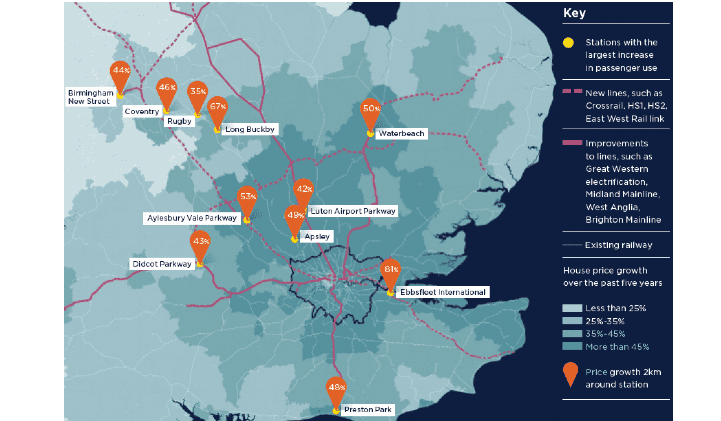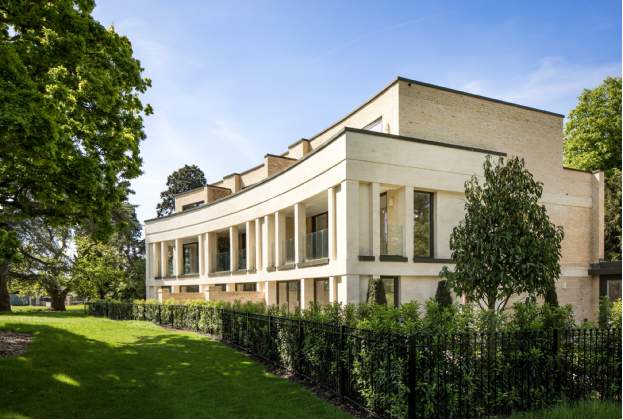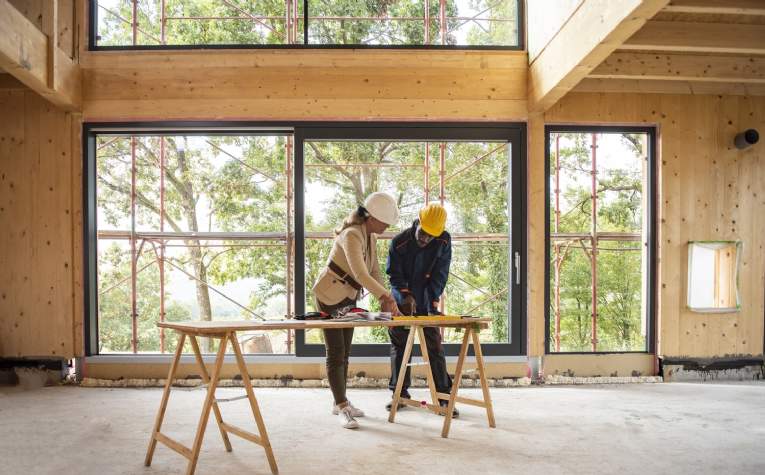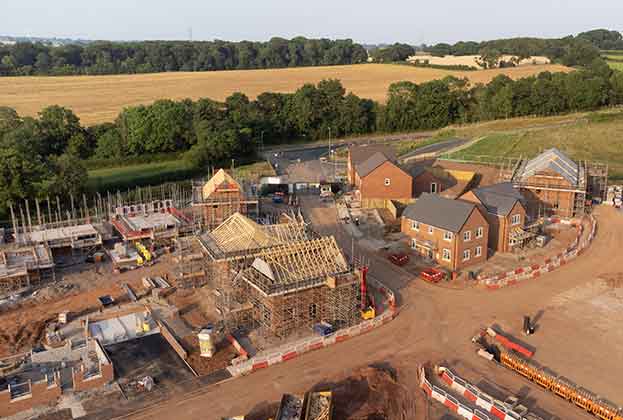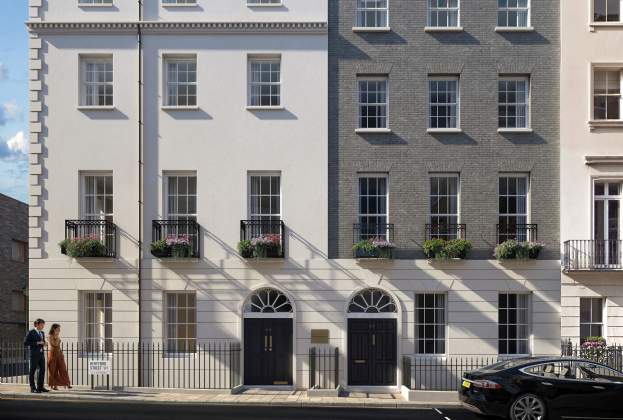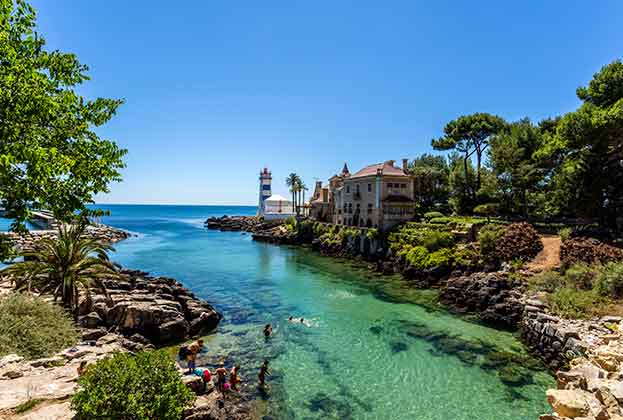A run of sales at a new development in a leafy Glasgow suburb has revealed a growing number of home buyers who are ready to embrace a car-free life. After only a week on the market, more than 50 per cent of the apartments at the car-free Notre Dame development in the West End of the city have been sold.
It would be easy to attribute the success of this Victorian school conversion to its high quality design and build and its sought-after location: sales in the West End increased by 55 per cent last year. However, what is striking about Notre Dame is that the otherwise diverse mix of buyers have one key thing in common: an energetic, proactive lifestyle which does not depend on the car.
Britain has some way to go before we emulate cities like Copenhagen, where only 29% of the households even own a car and there are 454 kilometres of cycle track. Yet global concerns about climate change, and government measures to create cleaner, greener urban environments, are leading more of our policy makers, planners and developers to collaborate on successful car-free schemes all over the UK.
Many local authorities are welcoming such schemes, where the exclusion of parking spaces is allowing a higher number of dwellings to be built, helping them to achieve targets for essential new homes.
Such developments are clearly fulfilling a demand from a wide range of city-loving buyers, from millennials to downsizers, who have made the conscious decision to live car-free, motivated by both environmental and wellbeing concerns. The UK Government’s latest National Travel Survey, published in January 2018, reveals 42 per cent of adults walk for travel purposes once a week and 12 per cent cycle. This will be considerably higher in cities like Glasgow, Oxford and London which have well-connected public transport systems.
In addition, a growing number of buyers are now wearing trainers and fitness trackers to tackle their daily commute on foot. Others are turning to pedal power, taking advantage of the cycle ways and bike storage units which are now often integrated in to the design of residential developments.
Many developers are making arrangements with car clubs for residents who want to escape the city and travel further afield, sometimes offering membership as a sales incentive.
We may have been slower than some other European countries to embrace car-free living in the UK, but as development space here becomes more scarce, the benefits of reduced pollution become more apparent and the vogue for healthier living gathers momentum, we will inevitably see more car-free developments being launched to the market.

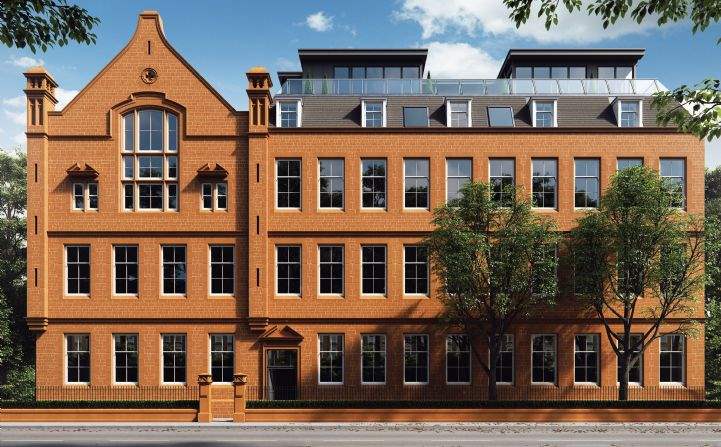
.jpg)
.jpg)
.jpg)
.jpg)
.jpg)
.jpg)
.png)
